
Force majeure refers to a clause that is included in contracts to remove liability for natural and unavoidable catastrophes that interrupt the expected course of events and prevent participants from fulfilling obligations. As Force majeure allows safe passage to end / fulfill contracts, it has become an important topic in wake of pandemic.
We usually talk a lot about incentives and the financial aspects of trade in our blogs. Today, we will be looking at a topic that concerns the legal aspects of not just EXIM businesses but any business and contracts in general. The topic has been selected in the purview of the new normal which is here to stay, thanks to the pandemic.
Force Majeure
- The term Force Majeure is not defined under any law. However, there are various precedents given by various courts in India and other foreign courts in number of cases on the term Force Majeure.
- The term ‘force majeure’ as defined in Black’s Law Dictionary, is ‘an event or effect that can be neither anticipated nor controlled. It is a contractual provision allocating the risk of loss if performance becomes impossible or impracticable, especially as a result of an event that the parties could not have anticipated or controlled.’
- Thus, a force majeure event in a layman’s language means extraordinary events, situations or circumstances beyond human control such as an event described as an act of God or superior force. They obstruct the continuation or lawful existence of a contract amidst the parties.
- A force majeure clause relieves one or both parties from liability to perform contract obligations when performance is prevented by an event or circumstance beyond the parties' control.
Force Majeure with Indian Statutes
- Justice RF Nariman of the Supreme Court in the case of Energy Watchdog vs. CERC (2017) states that:
- "Force majeure" is governed by the Indian Contract Act, 1872. In so far as it is relatable to an express or implied clause in a contract, it is governed by Chapter III dealing with the contingent contracts, and more particularly, Section 32 thereof. In so far as a force majeure event occurs de hors the contract, it is dealt with by a rule of positive law under Section 56 of the Contract. Sections 32 and 56 are set out herein:
- "Section 32: Enforcement of Contracts contingent on an event happening - Contingent contracts to do or not to do anything if an uncertain future event happens, cannot be enforced by law unless and until that event has happened. If the event becomes impossible, such contracts become void."
- "Section 56: Agreement to do impossible act - An agreement to do an act impossible in itself is void.
- Contract to do act afterwards becoming impossible or unlawful. A contract to do an act which, after the contract made, becomes impossible or, by reason of some event which the promisor could not prevent, unlawful, becomes void when the act becomes impossible or unlawful.
- Compensation for loss through non-performance of act known to be impossible or unlawful. Where one person has promised to do something which he knew or, with reasonable diligence, might have known, and which the promisee did not know, to be impossible or unlawful, such promisor must make compensation to such promise for any loss which such promisee sustains through the non-performance of the promise
Importance of Force Majeure in Agreements or Contracts
- The majeure clause is designed to alter the parties’ contractual obligations or to avoid a breach of contract by excusing the party seeking to rely on it from performing its contractual obligations, following the occurrence of an exceptional event or circumstance beyond the party’s control.
- With the clause the parties can decide a way forward in case of occurrence of exceptional situations whereby the parties can also extend performance of obligations.
- The parties in clause can also decide which exceptional situations can be considered as force majeure event and making the performing party fulfill its obligations in other situations.
- In absence of force majeure/ such clause in a contract, the contract shall attract doctrine of frustration making a party impossible to perform its obligation and agreement shall become void.
- Absence of such clause, may also cause dispute and the parties may also refer to court and enter rounds of litigations. And rounds of litigations with respect to EXIM transactions and with parties overseas are very costly affairs. Many a time, it happens the litigation cost exceeds the entire transaction value.
Ingredients of a Force Majeure clause
BASIC INGREDIENTS
- First and foremost, the force majeure clause must include the situation or event which causes a party to non-performance of its obligations.
- What to be done in case of occurrence of such event i.e. or extension of performance of obligations or cancellation of contract or part performance, etc. depending on the nature of transaction.
- Time lines for performance of obligations or extensions.
- Invocation and notice to parties.
- Based on the transaction and applicable terms/policies (eg. incoterms, FOSFA laws, etc.) to such transaction inclusions can be done in the force majeure clause
Thus, it is immense necessary to include force majeure clause, having aforesaid ingredients, in any agreement more specifically in agreement with EXIM transactions.
In our coming blogs we may write more about legal aspects with respect to EXIM business.
Other related schemes that may help you :
- RoDTEP Claim Process
- All about Advanced Authorisation scheme – Basics
- Case Study : How we helped a three-decade old firm save Millions of Rupees in one financial year
Bizbrains provides various assistance and help exporters and manufacturers grow their businesses with various incentives and export process which are cumbersome. Start with us today to get your business to new level.
For more content and updates follow us on LinkedIn, Twitter and Facebook; our handle is Bizbrains Advisors. Get a heads up on various schemes on export-import activity and let us know your thoughts in comment section!

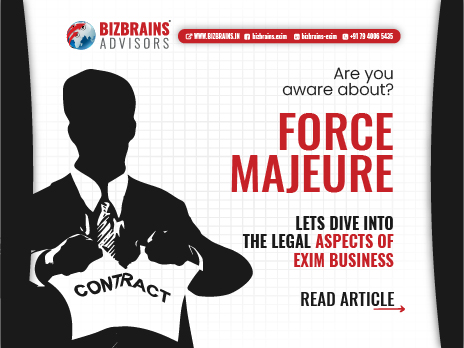

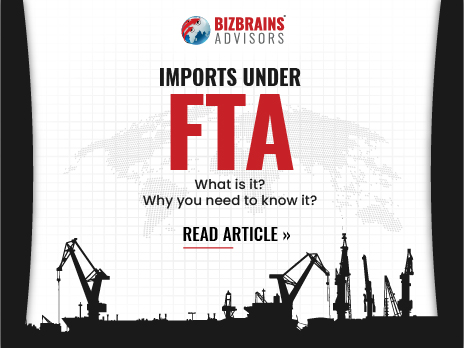
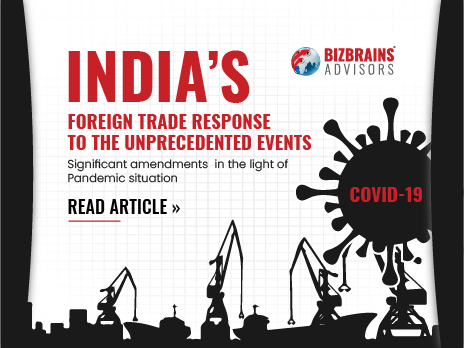
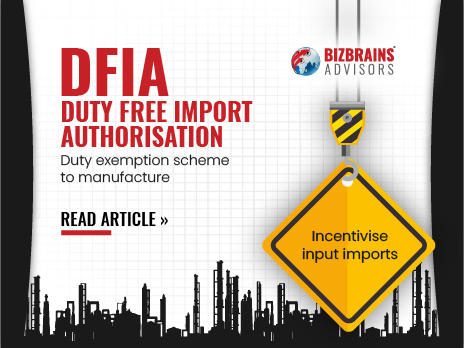

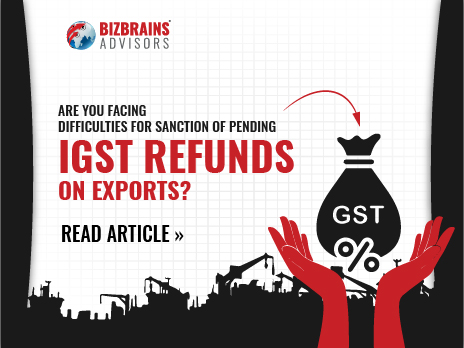

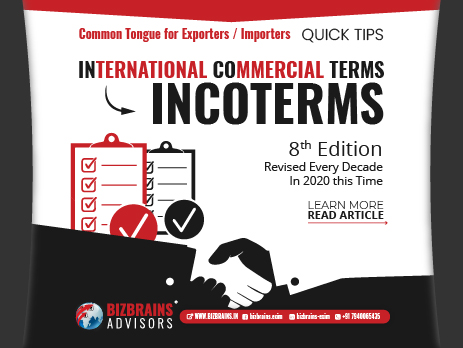
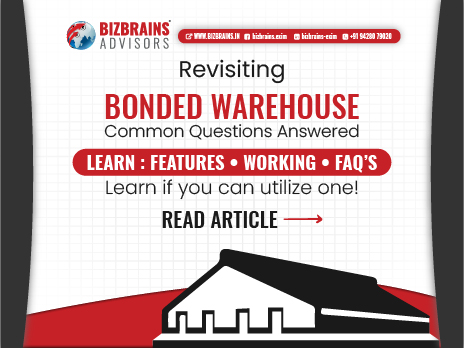
One Response
Good info. Well drafted.